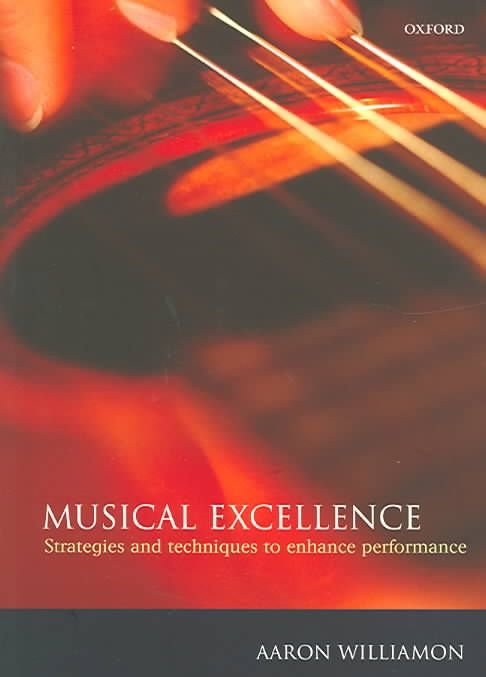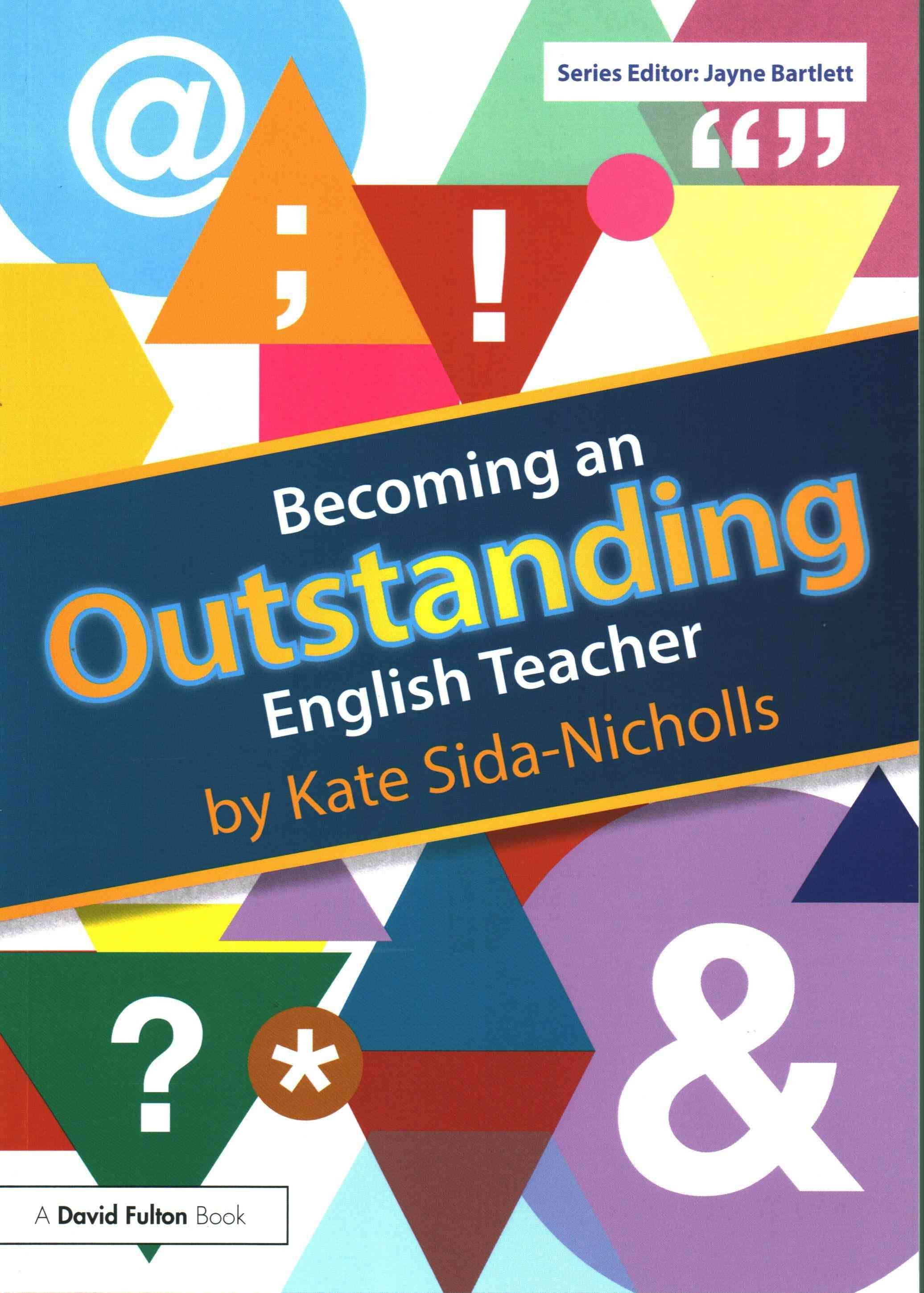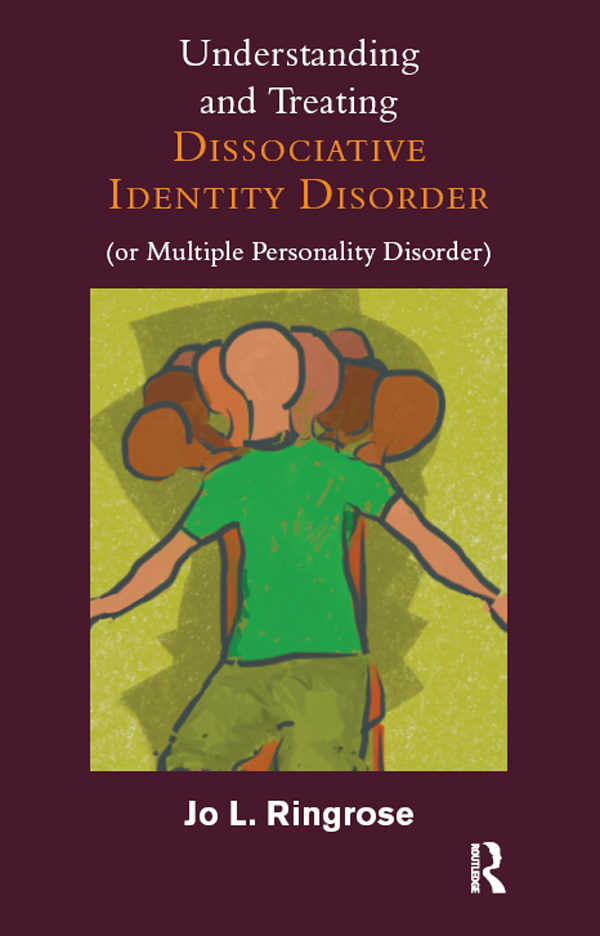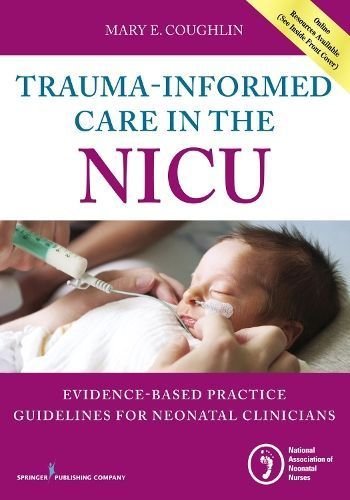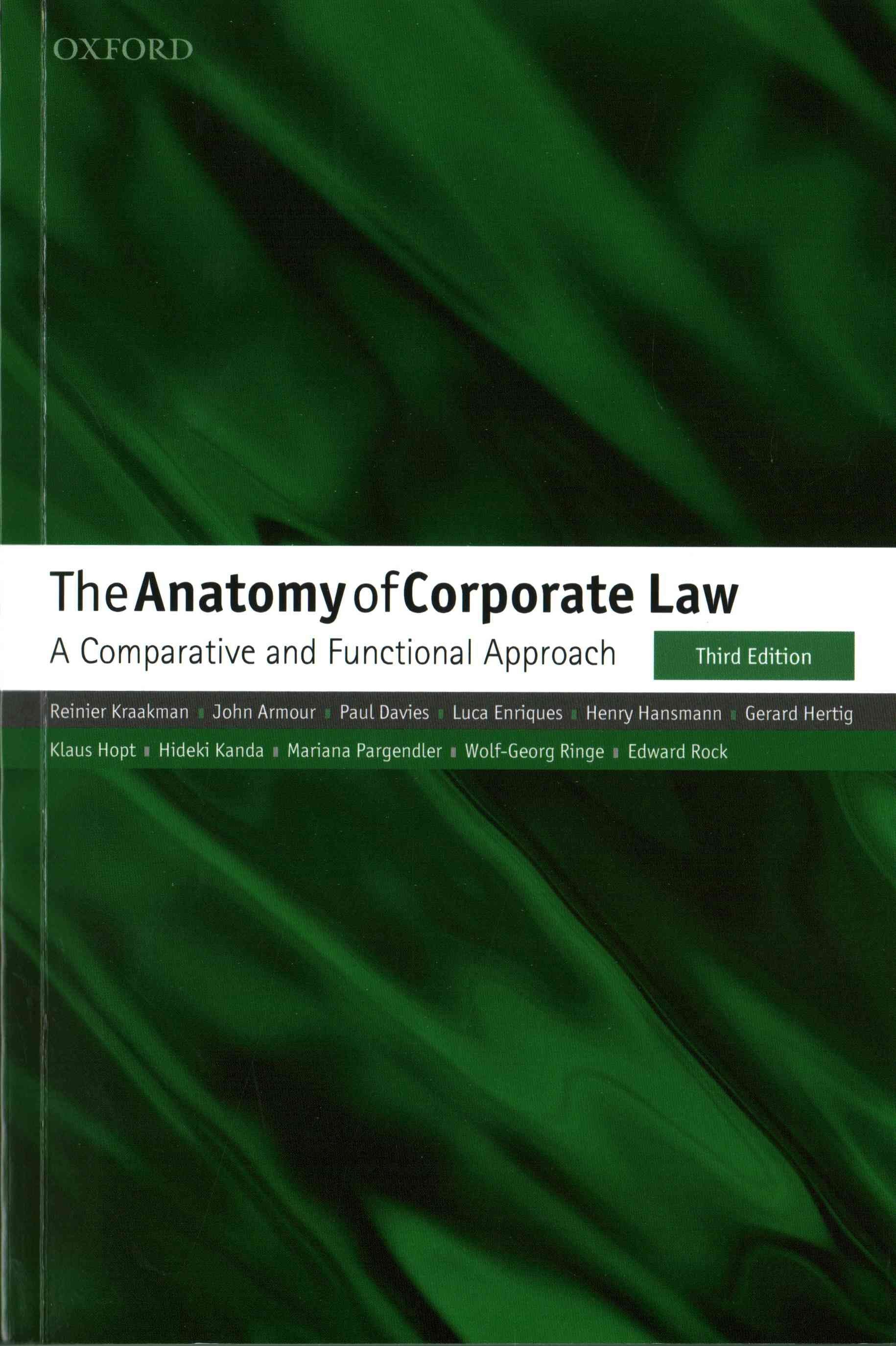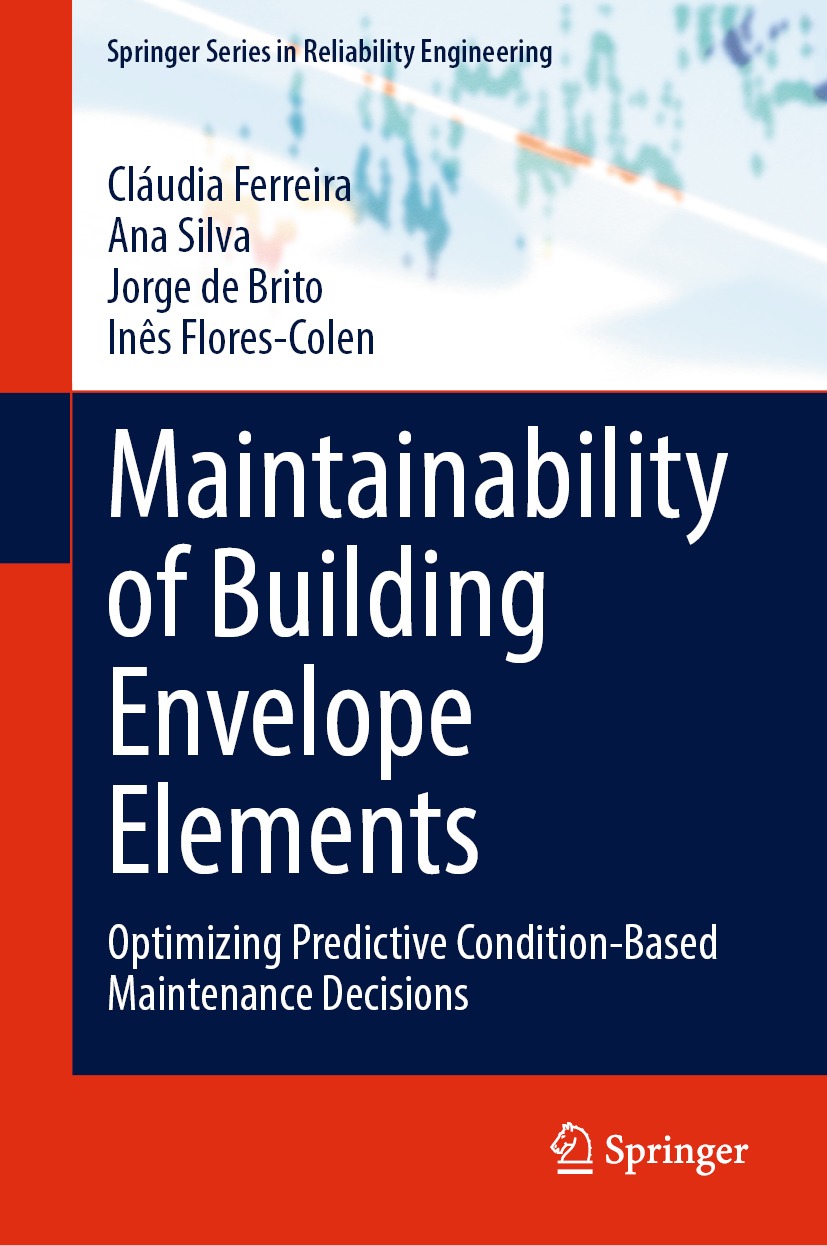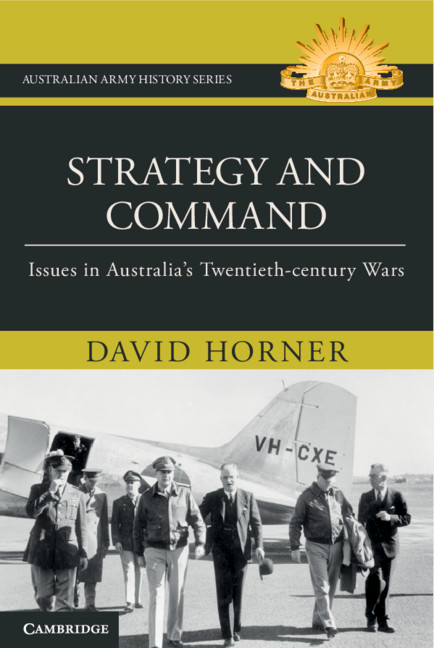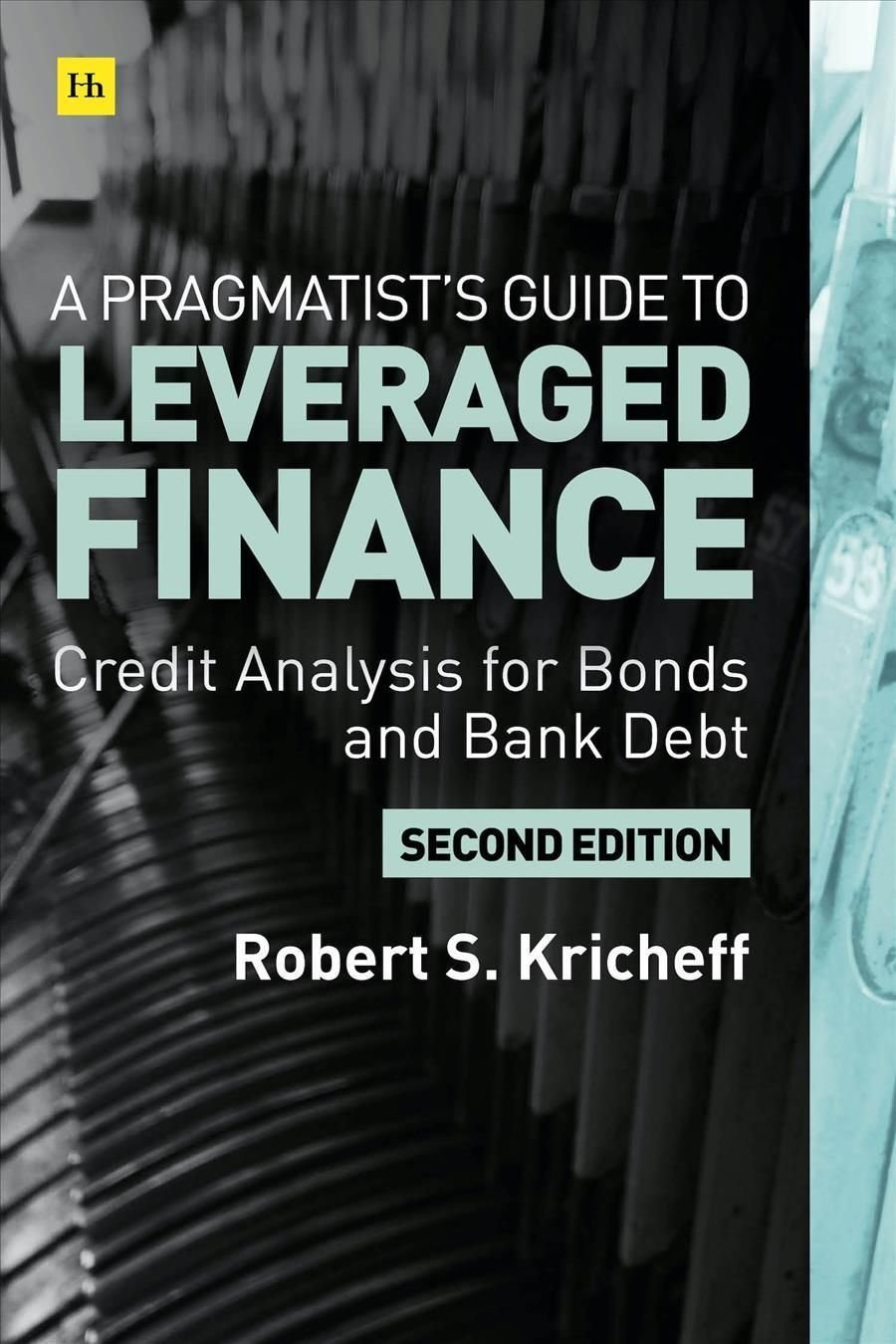Musical Excellence offers performers, teachers, and researchers, new perspectives and practical guidance for enhancing performance and managing the stress that typically accompanies performance situations. It draws together, for the first time in a single collection, the findings of pioneering initiatives from across the arts and sciences. Specific recommendations are provided alongside comprehensive reviews of existing theory and research, enabling the practitioner to place the strategies and techniques within the broader context of human performance and encouraging novel ways of conceptualizing music and teaching. Part 1, Prospects and Limits, sets out ground rules for achieving musical excellence. What roles do innate talent, environmental influences, and sheer hard work play in attaining eminence? How can musicians best manage the physical demands of a profession that is intrinsically arduous throughout a career that can literally span a lifetime? How can performers, teachers, and researchers effectively assess and reflect on performance enhancement for themselves, their colleagues, and their students? Part II, Practice Strategies, presents approaches for increasing the effectiveness and efficiency of practice. These are generally for the individual and ensembles and specifically for the tasks of memorizing, sight-reading, and improvising music. Musicians spend vast amounts of time and energy acquiring and refining their skills, but are there particular rehearsal strategies that they can employ to produce better performance results or to achieve the same results more quickly? What implication does existing knowledge of human information processing and physical functioning have for musical learning and practice? Part III, Techniques and Interventions, introduces scientifically validated methods for ordered from the more physical to the psychological to the pharmacological; however, they all address the issues of both mental and physical significance for the …
